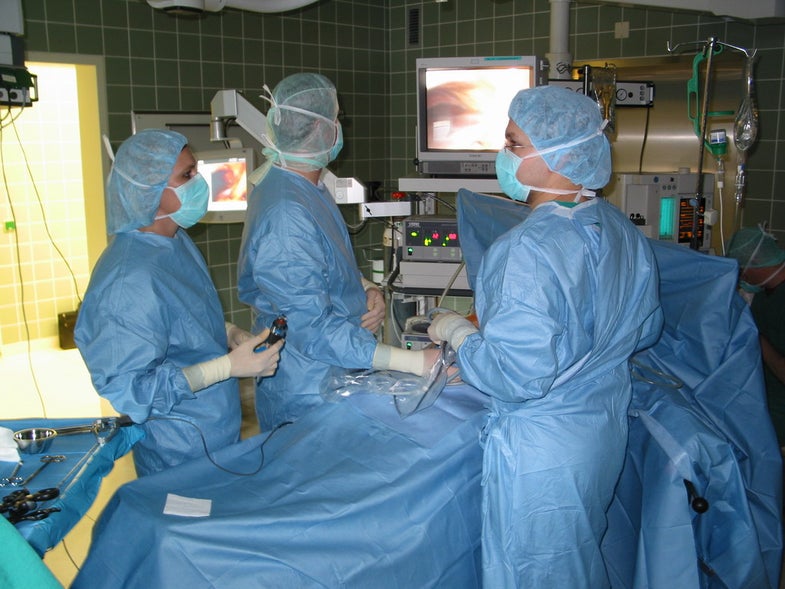Codifying Your Health
Project: The Human Diagnosis Project We live in the age of Big Data, or so the pundits would have you...

Project: The Human Diagnosis Project
We live in the age of Big Data, or so the pundits would have you believe. And yet, amazingly, very few projects have tried to apply a big data approach to one of our most fundamental concerns: our health. That is, until now.
The Human Diagnosis Project is a global effort to map any health problem to its possible causes. The goal is to get a dataset that will present a patient, a caregiver, or a patient advocate with the smallest possible number of diagnoses to help someone get treatment faster.
“This is conceptually similar to an online map,” states the backgrounder on the website. “Just as an online map helps you get from one location to another, the Project gives patients, family members, doctors, hospitals, and others a shared path to helping any person.”
The project is being organized by a team of medical professionals from around the globe, including representatives from entities such as World Health Organization, NASA Jet Propulsion Laboratory, Facebook, Amazon, McKinsey & Company, Goldman Sachs, the Blackstone Group, Creative Artists Agency, Oxford, Cambridge, Stanford, Berkeley, MIT, and Yale. The main contact for the project is Dr. Shantanu Nundy, an M.D. with Alpha Omega Alpha distinction from the Johns Hopkins University School of Medicine.
Medical professionals can contribute to the project by adding anonymous case studies. “Similar to how people around the world contribute encyclopedia articles to Wikipedia, or engineers contribute code to open source software projects like Linux, the global medical community contributes clinical cases to Human Dx. The Project extends upon the ideas of open technology efforts like Wikipedia and Linux by bringing together multiple other communities (including the patient, scientific, and technology) with the medical community to ensure the creation and validation of clinical case data that can help anyone, anywhere.”
Members of the public will eventually be able to have access to the anonymized, aggregated data under a Creative Commons license. Meanwhile, anyone can check out the Case of the Week. As of this writing, the case is a 34-year-old male presenting with chest pain. Reading the case data gives members of the lay public insight into just how much goes into a medical diagnosis in the 21st century.
For more information, check out https://www.humandx.org/context/background//.
Chandra Clarke is a Webby Honoree-winning blogger, a successful entrepreneur, and an author. Her book Be the Change: Saving the World with Citizen Science is available at Amazon. You can connect with her on Twitter @chandraclarke.